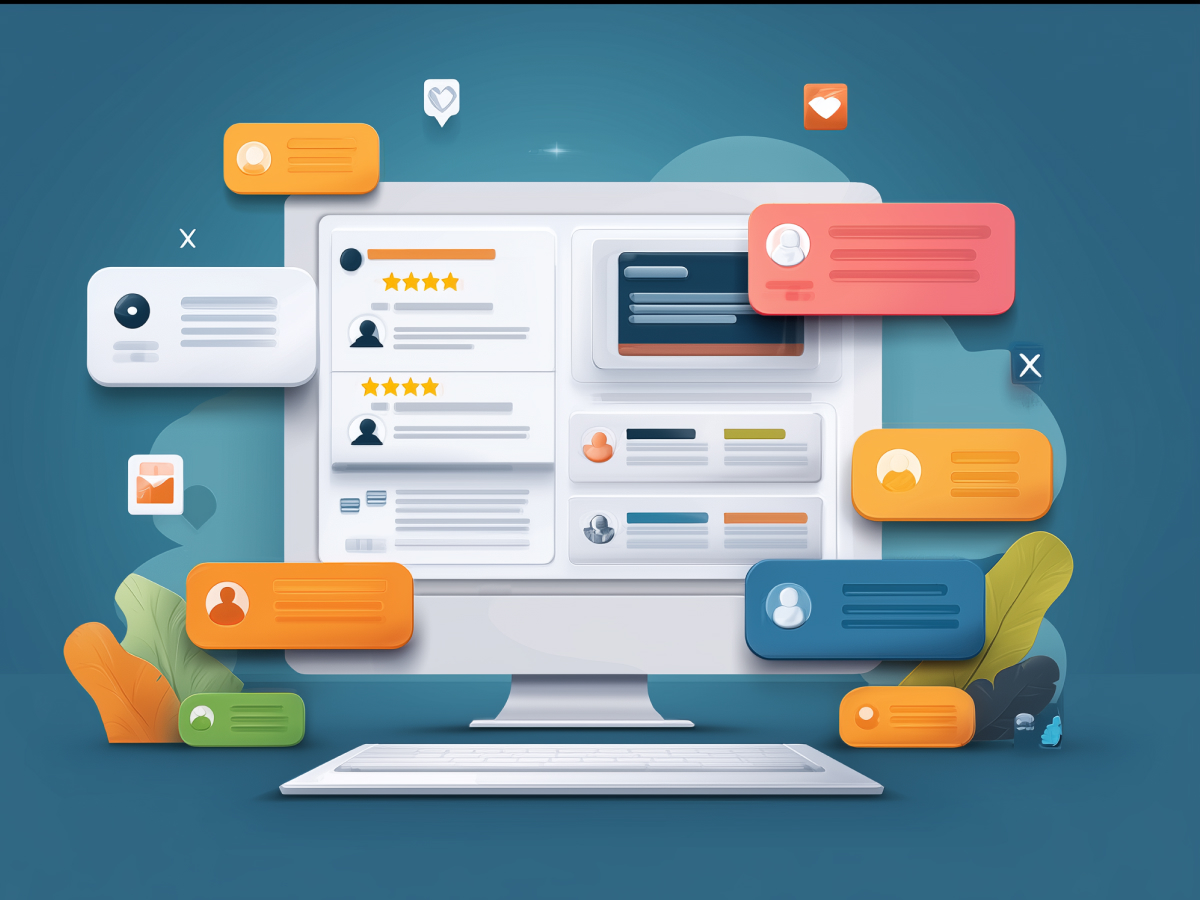As we step into 2024, the world of software engineering is undergoing a substantial transformation, driven by a confluence of emerging technologies, generative AI, and evolving methodologies. We explore these key shifts that are shaping the future of software engineering, with a focus on the integration of Artificial Intelligence (AI), digital twin technologies, platform engineering, and chaos engineering into the realm of software development and operations (DevOps).
AI and digital twins: Automating DevOps
AI’s role in application development
One of the most significant trends in software engineering is the increasing integration of Artificial Intelligence into both application development tools and DevOps platforms. AI’s role in this evolution is pivotal, as it promises to bring more intelligence and automation to the software development lifecycle.
AI is already making its presence felt. AI-powered tools assist developers in various tasks, from code suggestion and auto-completion to code review and bug detection. These AI-driven tools analyze vast codebases and historical data to provide insights that help developers write better, more efficient code. This not only accelerates development but also enhances code quality.
It’s worth noting that the pace of AI integration in development tools seems to outstrip its adoption in DevOps platforms. This asymmetry could potentially lead to challenges in maintaining a harmonious synergy between these two crucial areas of software engineering. Striking the right balance between AI-driven development and DevOps is a key challenge for organizations in 2024.
Digital twins in application deployment
Digital twin technologies are another game-changer in software engineering. These technologies create virtual replicas of physical systems, and their applications extend far beyond IoT and manufacturing. In the context of DevOps, digital twins are being leveraged to create higher levels of abstraction in workflow management.
By using digital twins, organizations can simulate and model their entire IT environment, from hardware infrastructure to application code. AI is integrated with digital twins to enable autonomous code generation and dynamic application and infrastructure configuration. This integration simplifies deployment processes, allowing organizations to optimize resource allocation and scale applications seamlessly.
Digital twins facilitate real-time monitoring and predictive maintenance, ensuring that applications remain robust and responsive even in complex, dynamic environments. This democratization of advanced DevOps practices empowers a broader range of organizations to embrace and benefit from these technologies.
Platform engineering: Improving developer productivity
Centralizing DevOps processes
Platform engineering emerges as a critical methodology in the evolving landscape of software engineering. At its core, platform engineering advocates for the centralization of DevOps processes. The aim is to create a unified and standardized approach to continuous integration and continuous delivery (CI/CD).
Centralization offers several advantages. It streamlines workflow management, making it more efficient and consistent. This approach reduces the complexity of managing multiple tools and platforms, leading to cost savings and improved scalability. In 2024, organizations are increasingly adopting platform engineering to establish a cohesive DevOps ecosystem that optimizes their software development and deployment pipelines.
Developer portals for self-service
A core component of platform engineering is the development of internal developer portals. These portals are designed to empower developers by providing them with self-service capabilities within a structured and secure framework. The objective is to improve developer productivity, code quality, and security.
Developer portals offer a curated set of tools, templates, and resources that developers can access on-demand. This approach not only enhances the developer experience but also addresses the challenges associated with attracting and retaining top talent in a competitive job market. In 2024, organizations recognize that providing developers with the autonomy to access the tools they need fosters innovation and accelerates the development process.
Chaos engineering: Building resilient IT environments
Integrating with CI/CD platforms
Chaos engineering is a vital discipline within DevOps that focuses on testing the resilience of IT environments by intentionally introducing disruptions. In a rapidly evolving digital landscape, ensuring the reliability and robustness of applications is paramount.
Integrating chaos engineering tools into existing CI/CD platforms is a strategic move in 2024. This integration allows organizations to proactively identify weaknesses and vulnerabilities in their applications without causing operational downtime. By simulating real-world failures and attacks, chaos engineering helps organizations fortify their systems, making them more resilient to unexpected events.
Key takeaways: A transformative future for software engineering
2024 is expected to be a transformative period for software engineering. The integration of AI, digital twins, platform engineering, internal developer portals, and chaos engineering collectively reshapes the landscape of DevOps and software development. These technologies and methodologies not only streamline processes but also mirror the broader digital transformation seen across industries.
However, with these opportunities come complex challenges. Maintaining a balance between AI-driven development and DevOps, fostering collaboration between development and operations teams, and adapting to the rapid pace of technological and process innovation within DevOps cultures are among the key challenges that organizations will face in the coming years.
As software engineering continues to evolve, organizations that embrace these innovations and methodologies are poised to stay ahead of the curve, delivering more efficient, resilient, and high-quality software solutions in an ever-competitive digital landscape. The future of software engineering is exciting, promising a convergence of human ingenuity and cutting-edge technology to create a new era of software development and operations.




